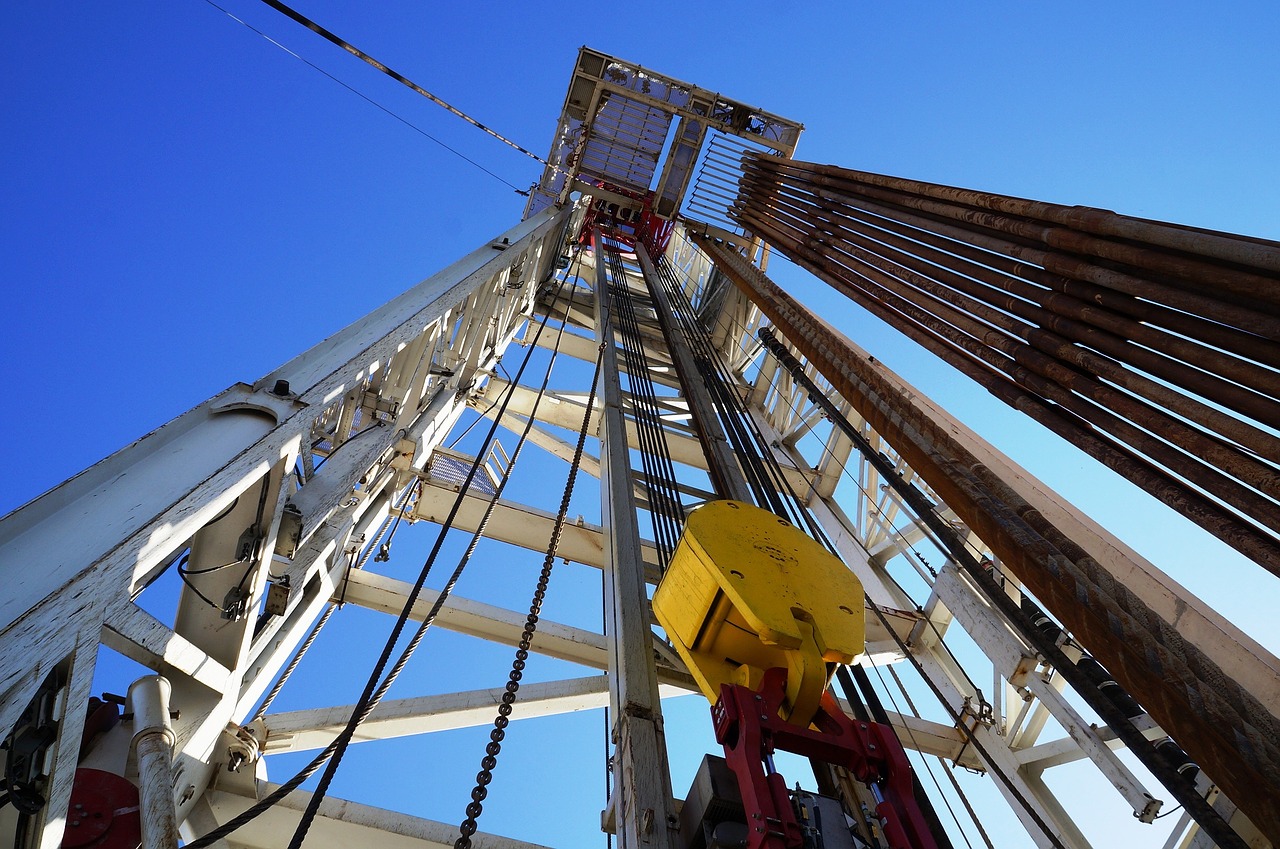Two British scientists have warned that the UK Government’s definition of fracking could risk environmental harm.
In a letter published in Nature on 23 August Stuart Haszeldine of the University of Edinburgh and geophysics expert David Smythe write that the government’s legal definition of hydraulic fracturing has “little rational or scientific basis”.
As DeSmog UK first revealed in 2015, under the UK Infrastructure Act fracking is defined based on the volume of fluid used during oil and gas extraction: 10,000 cubic metres or more per well. This is much higher than the threshold for “high-volume hydraulic fracturing” in the US (between 2,000 and 2,500 cubic metres per well). The definition originates from a report conducted on behalf of the European Commission.
Haszeldine and Smythe argue that this means if companies keep the volume of fracking fluid to less than 10,000 cubic meters per well, they would “evade environmental obligations” – this includes restricting fracking near protected groundwater resources, near sites of special scientific interest or national parks.
The two scientists also worry that government definitions of unconventional oil and gas resources could open up fracking to be classed as “conventional hydrocarbon exploration”.
This is because, as they explain, shale rock is classed as an unconventional source of oil and gas according to the government. This is compared to limestone and sandstone rock being classed as conventional. In doing so, the category of “tight” limestone and sandstone falls into a grey area – such tight oil and gas is typically extracted using fracking techniques.
Based on these definitions, any oil and gas extraction from conventional sources or extraction involving less than 10,000 cubic metres of fluid would not be considered fracking even if the same techniques are used.
Haszeldine and Smythe argue that this has implications for exploratory drilling currently taking place in south east England.
They write: “Current exploratory drilling in the United Kingdom’s Weald Basin is registered as ‘conventional’ because the hydrocarbon licensees are testing thin limestone layers in the shale and are not yet fracking.
“Assuming the UK licensees start [high-volume hydraulic fracturing], they can then in principle claim that it is conventional hydrocarbon production by keeping the fracking fluid volume to less than 10,000 m3 per well, which would evade environmental obligations specified in the 2015 UK Infrastructure Act.”
This loophole could also have implications for future planning applications. As part of the Conservative Party manifesto, Theresa May pledged to “legislate to change planning law for shale applications. Non-fracking drilling will be treated as permitted development”.
While it’s not specified what “non-fracking drilling” is, it’s likely to include exploratory drilling and conventional onshore extraction, and anything falling below the 10,000 cubic metre threshold for fracking.
Photo: Pixabay | CC0
Subscribe to our newsletter
Stay up to date with DeSmog news and alerts






